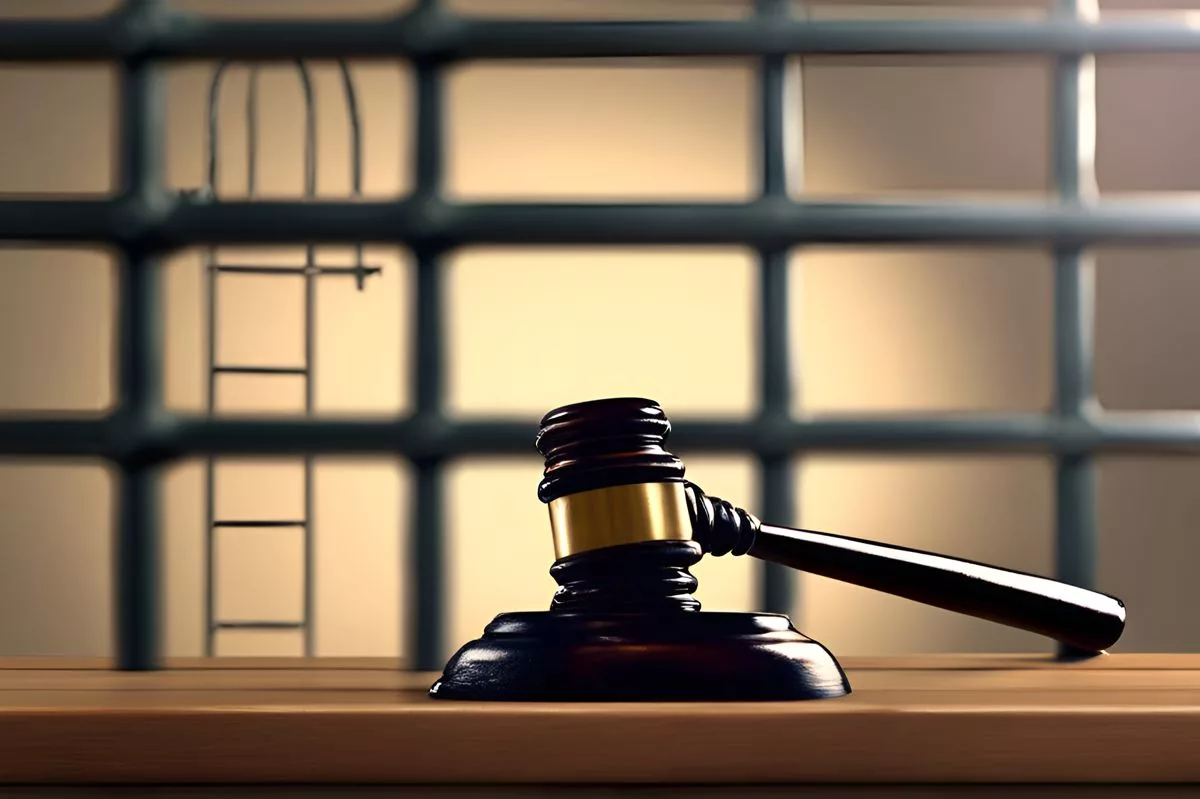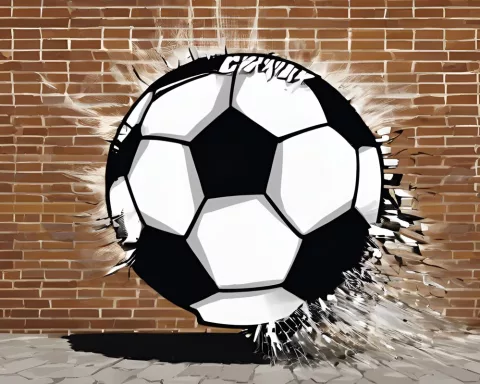Football legend Dani Alves has been sentenced to four and a half years in a Spanish prison on charges of sexual assault. Alves, a highly-regarded Brazilian international, has been an influential figure on the football field, receiving praise for his instrumental role in Barcelona’s victories in three Champions League titles. The verdict serves as a wakeup call to the football fraternity, emphasizing the critical importance of responsibility and justice, regardless of an individual’s status or achievements.
A Football Legend’s Fall from Grace
Dani Alves, a name synonymous with football greatness and deeply woven into the fabric of FC Barcelona’s history, has recently been served a harsh reality check that even the most esteemed figures are not beyond the purview of legal scrutiny. A court in Barcelona has pronounced a stringent verdict against Alves, penalizing him with a jail term of four and a half years in a Spanish prison on grounds of sexual assault.
The Verdict and the Man in the Spotlight
Dani Alves, a name synonymous with football greatness and deeply woven into the fabric of FC Barcelona’s history, has recently been served a harsh reality check that even the most esteemed figures are not beyond the purview of legal scrutiny.
A court in Barcelona has pronounced a stringent verdict against Alves, penalizing him with a jail term of four and a half years in a Spanish prison on grounds of sexual assault. A highly-regarded Brazilian international, Alves has long been an influential figure on the football field, receiving praise for his instrumental role in Barcelona’s victories in three Champions League titles. However, this illustrious achievement seems to lose its sheen in the harsh light of his recent conviction.
The Incident and the Trial
The catalyst to Alves’s downfall was a regrettable incident that took place in the VIP area of the Sutton nightclub. As 2022 was approaching its end, a lively party was underway within the club. Amid the festive atmosphere, a chilling event of sexual assault transpired in a bathroom during the early hours of December 31st. Alves found himself in police custody three weeks later, facing serious charges of “sexual assault with penetration.”
At first, Alves disavowed any connection to the victim, but later admitted to a sexual encounter, insisting that it was consensual. This stood in complete contradiction to the court’s verdict, which found that the victim had not given her consent, thereby establishing substantial evidence to sustain the rape allegations against Alves.
The three-day trial was significantly influenced by the victim’s testimony, which was given behind a protective screen. Her powerful words provided a complete counter-narrative to Alves’s denial. Other witnesses, including one of Alves’s friends, further substantiated the victim’s account, confirming that Alves was heavily inebriated before he entered the nightclub.
Legal Consequences and Future Implications
In addition to the prison sentence, the court has also directed Alves to compensate the victim an amount of €150,000 (approximately R3m). The awarded amount is a partial fulfillment of the prosecutors’ demand, who had originally asked for the same figure. Moreover, a restraining order spanning nine and a half years has been levied against Alves.
Emerging from his incarceration, Alves will encounter a drastically different world, with a five-year probation period awaiting him. This will mark a stark departure from his previous life, where he was celebrated as a footballing icon.
The expedition of the verdict, delivered just a week after the trial conclusion, was striking. Both the involved parties retain the right to appeal the judgement to the High Court of Justice of Catalonia. A final verdict is expected in the forthcoming months.
A Lesson for the World of Football
This conviction does more than simply tarnish Alves’s legacy—it also sends a stern wake-up call to the football fraternity at large: an individual’s status does not provide immunity against legal action. In a society where fame and talent often eclipse misconduct, this case underscores the critical importance of responsibility and justice.
1. Who is Dani Alves and what is his recent conviction?
Dani Alves is a highly-regarded Brazilian international football player who has been penalized with a jail term of four and a half years in a Spanish prison on grounds of sexual assault.
2. What was the catalyst to Alves’s downfall?
The catalyst to Alves’s downfall was a regrettable incident that took place in the VIP area of the Sutton nightclub. A chilling event of sexual assault transpired in a bathroom during the early hours of December 31st.
3. What was the outcome of the trial?
The three-day trial found Alves guilty of “sexual assault with penetration” and he was sentenced to four and a half years in prison and ordered to compensate the victim an amount of €150,000 (approximately R3m). A restraining order spanning nine and a half years has also been levied against Alves.
4. What are the legal consequences and future implications for Alves?
Alves will serve a prison sentence of four and a half years and will be required to compensate the victim €150,000. He will also face a five-year probation period upon his release from prison.
5. Can the verdict be appealed?
Both the involved parties retain the right to appeal the judgement to the High Court of Justice of Catalonia, with a final verdict expected in the forthcoming months.
6. What does this conviction mean for the world of football?
This conviction serves as a wakeup call to the football fraternity, emphasizing the critical importance of responsibility and justice, regardless of an individual’s status or achievements. It underscores that an individual’s status does not provide immunity against legal action and highlights the need for accountability and ethical conduct in the world of football.












